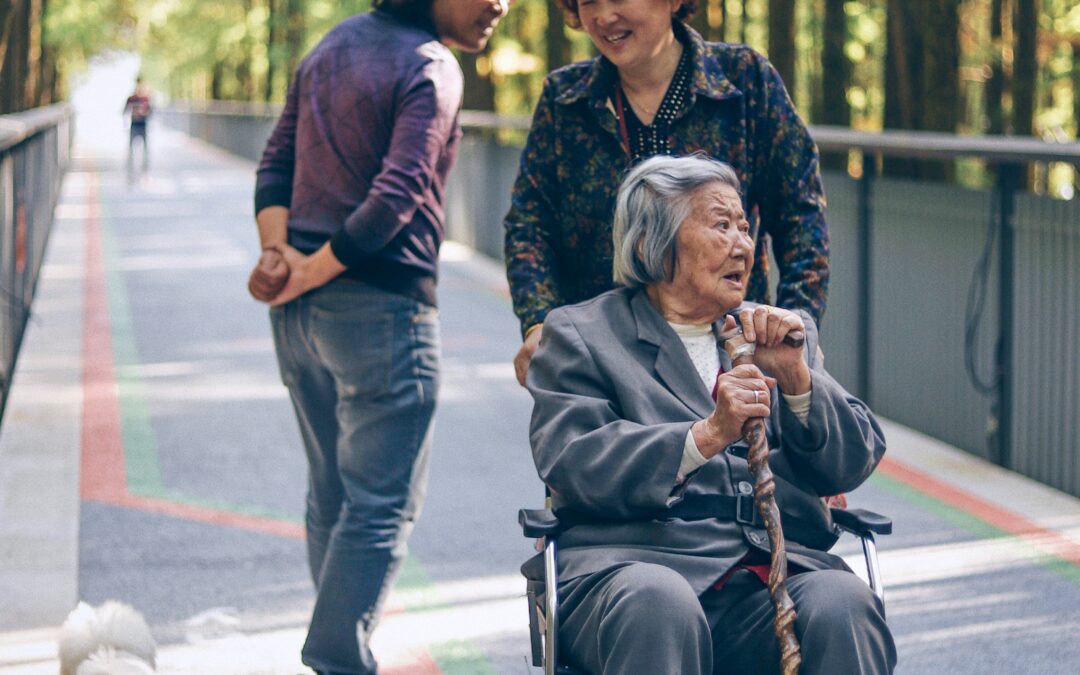(As published in The Hamilton Spectator June 22, 2021)
Lori Letts, Julie Richardson, Margaret Denton
In celebration of Seniors’ Month, the Age-Friendly Hamilton Collaborative Governance Committee is pleased to launch Hamilton’s 2021-2026 Plan for an Age-Friendly Community.
This 2021-2026 plan has been developed over the past two years in consultation with people across Hamilton, including the small urban communities within our municipality.
With changes in the population, Age-Friendly Hamilton’s work is vital. Ontario’s seniors are the fastest growing age group. In Hamilton, people 55 and older represent 30 per cent of the city’s population. In addition, there are 14,336 people in Hamilton living with dementia — and that number is also growing.
In 2014, the first Age-Friendly plan was approved and endorsed by Hamilton city council. In 2015, the Collaborative Governance Committee was established with the Hamilton Council on Aging, Seniors Advisory Committee of the City of Hamilton, and the city itself all represented. That committee oversaw actions to move the plan ahead and has developed our newest plan.
What was accomplished with our first Age-Friendly Hamilton plan? With a focus on housing, three home adaptation guides were developed and distributed to homeowners, tenants, and property managers. There were workshops held under the heading: Let’s Get Moving, that supported older adults in Hamilton to take the bus, ride a bike, or take a walk on one of our local trails. The City of Hamilton created a new web page that is dedicated to address the needs and interests of older adults, and a 55-plus program guide was produced. Funding was received for a Social Isolation Impact plan that connected almost 1,300 older adults in Hamilton to programs and services. A project aimed at lessoning stereotypes and reducing stigma associated with aging was undertaken, entitled Portraits of Aging, shared photos and stories from the lives of some of Hamilton’s engaged and involved older adults.
The Collaborative Governance Committee built upon these many activities and accomplishments and began work in 2018 and 2019 to consult with the community in development of the next Age-Friendly Plan. As a result, the consultations were able to reach more than 4,000 older adults in Hamilton through a variety of methods, including focus groups, a launch event, surveys, community events, and we also consulted community service organizations and staff and leaders within the City of Hamilton.
A new added focus to the 2021-2026 plan has been to build in components that support making Hamilton not only Age-Friendly but also dementia friendly. The Hamilton Council on Aging has been the lead partner along with the Alzheimer Society and other partners working on a project in Hamilton and Haldimand to work toward dementia-friendly communities. Using results from the initial consultations conducted as part of that project, principles, objectives and recommendations that reflect the goals to make Hamilton a dementia-friendly community have been built into the 2021-2026 Age-Friendly Hamilton plan. Hamilton is one of the first communities to incorporate a dementia-friendly lens.
COVID-19 has had impact on the work. Work on this new plan was suspended in the early months of the pandemic; however, the collaborative governance committee reconvened in the fall of 2020 to move ahead. At that time, we conducted additional community consultations, virtually of course, and worked to identify gaps and opportunities emerging because of the pandemic. Since it continues to be challenging to predict how the pandemic will impact our community and its older adults in the longer term, we have committed to a midpoint review to reconsider implications and adjust goals, objectives and recommendations if needed.
What is the focus of Hamilton’s 2021-2026 Plan for an Age-Friendly community?
The new plan includes 21 objectives and 61 actions or recommendations, all organized under seven strategic goal areas, which include: housing, transportation, information and communication, health and community services, social participation, including recreation, learning, arts and culture, civic engagement, volunteerism and employment, and outdoor spaces and buildings.
If you want to see more details, if you are interested in getting involved, or if you just want to be kept informed about the work being done to make Hamilton an Age-Friendly community, you can contact us via email at AgeFriendly@hamiltoncoa.com. You can access the executive summary or the full report of the 2021-2026 Plan for an Age-Friendly Community electronically through either the City of Hamilton site or the Hamilton Council on Aging websites. We also have print copies which we would be pleased to distribute to any community members who would prefer a paper version. Contact us either by email or phone. This plan represents both a significant amount of work, and a tremendous potential to make our community even more age-friendly. We look forward to collaborating with many partners to make turn that potential into reality.
Lori Letts and Julie Richardson are professors in the School of Rehabilitation Science at McMaster University. Margaret Denton is past-chair of the Age-Friendly Hamilton Collaborative Governance Committee. For more information or to donate to the Hamilton Council on Aging, visit coahamilton.ca.

